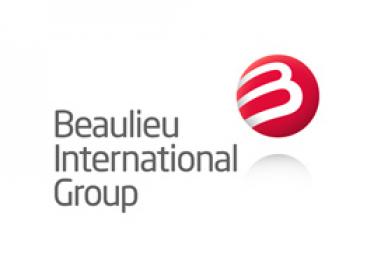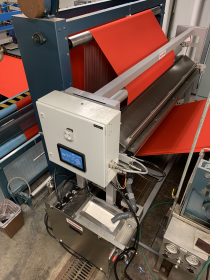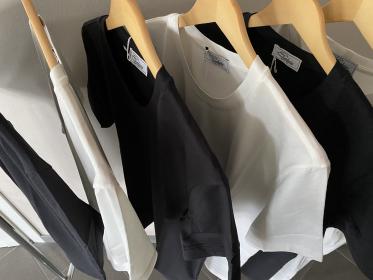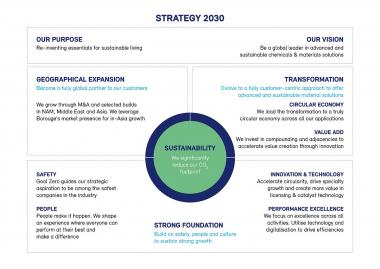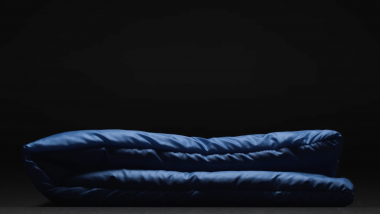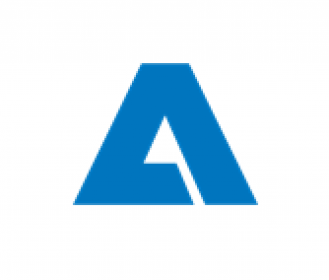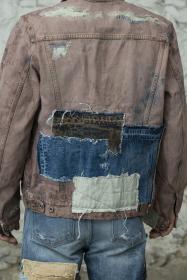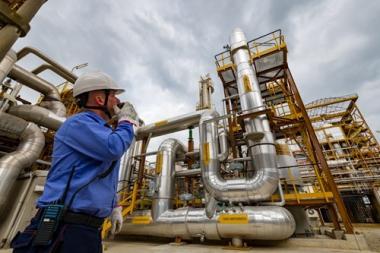RadiciGroup at Techtextil with innovative textile solutions
- Target markets: automotive, furnishings, sports and technical apparel
- New product entry: radipeople® line of personal protective equipment
RadiciGroup is at Techtextil 2022, the leading European trade fair for technical textiles, taking place in Frankfurt am Main, Germany, from 21 to 24 June. On display in the RadiciGroup exhibition area are the Group’s latest products for the automotive, furnishings and apparel markets: from nylon and polyester yarn, including biosource and recycled lines, to nonwovens and the new radipeople® line of personal protective equipment (PPE).
Indeed, at Techtextil, RadiciGroup is showcasing RENYCLE®, a yarn obtained from recycled nylon; REPETABLE®, a polyester yarn from post-consumer recycled plastic bottles; RESPUNSIBLE®, a nonwoven fabric from recycled polypropylene; and BIOFEEL®, a brand identifying a yarn line obtained from renewable sources of both nylon and polyester.
Moreover, RadiciGroup is participating in a forum organized by the Technical Textiles Section of Sistema Moda Italia in collaboration with the Italian Space Agency (ICE) (Hall 12.1 – Stand C58), with the goal of introducing product innovations not only coming from a single manufacturer, but also from an innovative synergistic approach all along the supply chain, from raw materials to finished products. An example of this synergistic collaboration is the “Mars Spacesuit”, recently tested in the USA by analogue astronauts as part of a space medicine project designed to measure the vital signs of future astronauts and develop technologies to support the simulation of life in space and planetary environments. RadiciGroup teamed up with major Italian textile companies and supplied the materials to make the suits for the six analogue astronauts participating in the mission and coordinated the development of the technologies needed to create the technicalwear for use in extreme environmental conditions.
RadiciGroup














